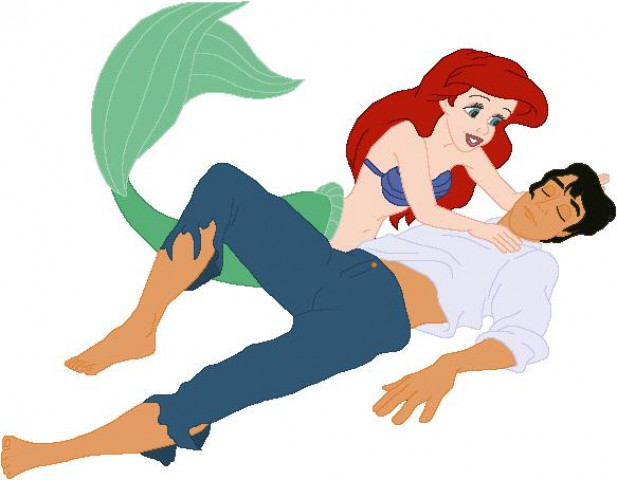Sometime around the start of the new millennium, my sister and I stumbled upon the internet. We didn’t have a computer at home back then, and my uncle’s ancient Windows 98 OS used to sit temptingly at his wooden desk every time we visited him. Naturally, the world of computers was a fascinating mystery for us. While the adults of the family were more cautious about clicking the wrong buttons on the elusive machine, as kids we had little qualms about that and sleuthed our way around.
Lazy summer afternoons were often spent creating “masterpieces” on MS Paint, navigating through the Disney’s Lion King game and generally trying out new computer features. One day while we were exploring a newly discovered 'favourites' bar, the name 'Disney' caught our eye on the default radio list. When you’ve grown up with 'Disney is Magic', that’s sure to catch your eye.
Clicking it, a fascinating new box popped up that said something along the lines of 'requested content is not available offline. To view this page, click connect'. So that’s exactly what we did. This was in the antiquated times of dial-up internet, and we were intrigued at the sound of a phone dial tone coming out of the PC speakers. In a few minutes, our blank screen was coloured by Disney characters, and it was cartoon heaven for us. Soon we were clicking on our favourite characters, playing games and exploring the website. We had no idea that we were on something called the internet; in fact our vocabulary was pretty limited in the IT lexicon.
In retrospect, we were lucky Disney was the first site we visited. Children-friendly with internet safety rules, it was good training for the internet world. However, looking back, exploring the online world on our own was probably not the safest idea. While we still followed our parents' “no talking to strangers” rule, it was increasingly difficult to monitor, although the computer’s central location helped.
Eventually we got around to computer education at school in a classroom setting as well, but that too surprisingly only cursorily focused on netiquette and Internet Safety rules. In school, internet (not to mention the taboo of chatting) seemed to be treated as a terrible evil and thus it had the allure of a forbidden fruit. And as we grew up, message boards and internet forums became a part of internet surfing, and later the infamous Orkut, one of the first social networking websites that was popular in Pakistan.
Today, the internet has become wired in our lives, and life is unimaginable without it. Websites like Twitter and Facebook have revolutionized social media, and at the same time have created new issues of online privacy and internet safety. About 20 million Pakistanis have internet access according to the Freedom of the Net Report 2011, and this number is growing. And while this figure shows that the majority of Pakistan’s 184 million still do not have internet access, (although in contrast about 61% of the population has access to mobile phone technology), a 20 million figure begs for a greater discussion of internet regulation in Pakistan today.
With an ever-growing number of children exploring the online world, it is integral that internet safety be highlighted more in the media, and especially on the internet. The dangers of cyber-bullying, sexual predators, pornography etc. for children are real and ubiquitous on the internet.
While the Pakistan Telecommunication Authority has been in the news lately with talks on a ban on pornography, it’s more important for children to be educated on these issues rather than outright top-down regulation. Bans and censorship are the least effective method for controlling the dangers of cyberspace. Even simple awareness of online privacy and what to share online create a better response.
Instead there should be greater awareness of internet safety among both parents and children. Parents should educate themselves more about this issue, schools should recognize the pros and cons of the internet, but more importantly, the media should play a bigger role in developing a healthy consciousness about the world wide web.
For more information on internet safety, click here.
How would a child know Disney from pornography?
Dangers of cyber-bullying, sexual predators, pornography are very real - we must start dialogue, not bans.



COMMENTS
Comments are moderated and generally will be posted if they are on-topic and not abusive.
For more information, please see our Comments FAQ